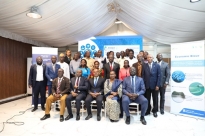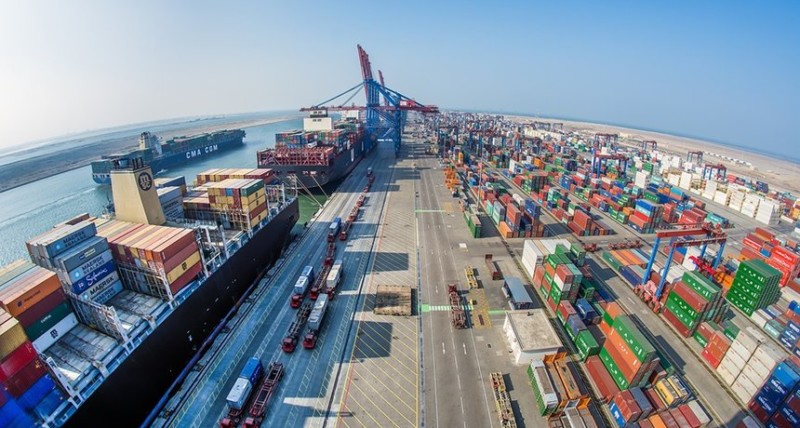Following the development of policy and national strategy documents, with financial support from the African Development Bank (AfDB), Côte d’Ivoire is taking a decisive new step toward operationalizing the blue economy.
The Food and Agriculture Organization of the United Nations (FAO) officially launched the implementation of the national roadmap during a workshop held on Friday, August 1, 2025. The event was chaired by Assoumany Gouromenan, Chief of Staff to the Minister of Animal Resources and Fisheries, in the presence of Hélène N’Garnim-Ganga, Resident Coordinator of the United Nations System in Côte d’Ivoire.
Representing Minister Sidi Tiémoko Touré, Mr. Assoumany specified that this program aims to accelerate the transition to a sustainable blue economy in Côte d’Ivoire by protecting marine and coastal ecosystems while promoting economic inclusion through innovation and environmentally friendly initiatives.
He recalled that the roadmap, developed and adopted through a participatory process with national stakeholders, aims to sustainably transform aquatic resource management by promoting an integrated, inclusive, and sustainable approach to marine, coastal, riverine, and lacustrine areas.
According to him, the roadmap aspires to make sustainable and resilient aquatic food systems a pillar of the country’s economic growth, while ensuring the preservation of natural ecosystems and the creation of sustainable jobs benefiting local communities.
Mr. Assoumany invited participants to make this workshop a genuine forum for exchange and concrete commitments, expressing the hope that it would lead to full ownership of the roadmap and the development of a communication plan to facilitate the smooth implementation of the national blue economy strategy.
For her part, Hélène N’Garnim-Ganga praised the initiative, emphasizing that the project paves the way for the creation of new “blue jobs,” especially for youth and women. She also highlighted the development potential of sustainable sectors such as artisanal fishing, aquaculture, coastal tourism, and the valorization of local innovation to strengthen territorial resilience.
She urged technical and financial partners, as well as United Nations agencies, to strengthen their strategic coordination to build joint action aligned with national priorities and generating tangible impacts for the population.
“Let us together make the blue economy not only a pillar of Ivorian development but also a model of inclusive, green, and resilient transition,” she insisted.
Source: FAO




